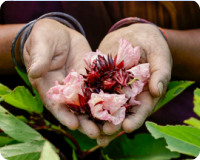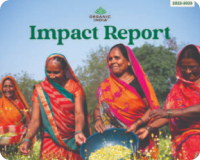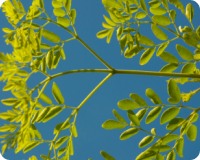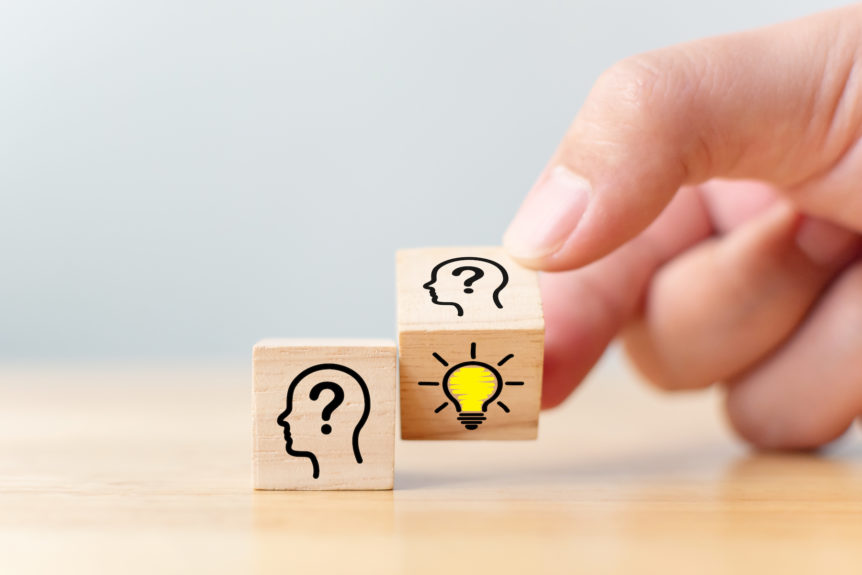

Section

Back
“Yesterday I was clever, so I wanted to change the world. Today I am wise, so I am changing myself.” ― Rumi
When the world seems to be on fire, it’s easy to become lost in fear, despair, or anger. But these emotions divert our awareness away from clarity and compassion for self and others — even those we vehemently oppose.
What appears to be chaos can actually be a precious opportunity to look within ourselves to identify our own unconscious biases and prejudice. Most of us have been subject to conditioning we’re unaware of — socialization that is part and parcel of a “cultural trance.” To change the world, we must begin within to shine a light into our hearts, because illusions of separateness and “other” can only survive in darkness — this is true regardless of skin color, political views, or religious beliefs.
According to an article in Greater Good Magazine, “The new science of bias suggests that we all carry prejudices within ourselves — and we all have the tools to keep them in check.” While it’s sometimes challenging and uncomfortable to examine the contents of our hearts and minds, it’s also freeing to liberate ourselves from unconscious bias. When we do so, we gain access to our own humanity and basic goodness. Courtesy E. Martin, author of “The New Better Off: Reinventing the American Dream,” writes, “We recognize that while we can never cure ourselves of the culture in which we were raised, we can transform it.”
Self-inquiry is a direct way to identify covert biases. Here are some questions we can ask ourselves. Be prepared to endure some internal discomfort as you sit with the feelings that may arise.
What’s my earliest memory of becoming aware of my own racial identity?
How might my life have been different if I were born into another race or class?
What privileges do I have that others do not?
Am I comfortable discussing my own cultural bias?
Am I comfortable talking with a person of another race?
Can I acknowledge differences, or is it easier to ignore them?
See if it’s possible to approach these questions with acceptance and forgiveness. And see what you discover about yourself that you may not have been aware of in the past. The one great commonality among us is the wish to be free of suffering. But we are, so often, the causes of suffering are our own fear and dualistic beliefs that cannot recognize there is no separation of self and other — that we are all one.
Resources:






